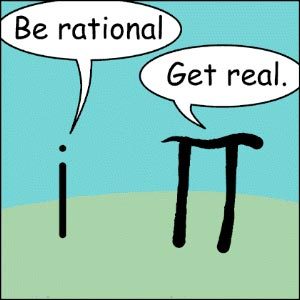Our math lessons usually consist of student investigation,
learning exercises, and practice. Once students are complete their work and
show they grasp the materials they might have the option to play a math game
from EnVisions, Prodigy, Future Scholars, etc. Yesterday I planned on a math
game. One student approached me and asked if he could do something else, so I
inquired as to why (I had not planned on another activity beyond a
differentiated math game). His response was so honest that it took me a second
to process what he saying. “Ms. Freedman the games are boring. I do not learn
anything from them.” I started to respond that it is about practicing skills,
but then what he said sunk in and I abruptly stopped mid-sentence. I asked him
who Euclid was. He had no idea so I sent him and his partner to go discover who
Euclid was and create something to teach the class about Euclid. He skipped
around the room joyfully to a computer to begin research rather than trudge
with heavy feet to play a math game. In a student centered classroom it is
important to listen to students and value their opinion. Let them drive the
activities. We have agents researching some of the greatest mathematicians of
all times from various periods in history. Some were assigned females and
others males, as I believe it is important to recognize both. Here is a short
list where I got some of the names once I ran out of people off the top of my
head:
I encourage students to learn more about the people who had
a passion for math. I learned it is okay to think of my feet and some of the
best learning experiences I create are when students voice t heir opinions and
spark an idea.

No comments:
Post a Comment